We may earn money or products from the companies mentioned in this post. This means if you click on the link and purchase the item, I will receive a small commission at no extra cost to you ... you're just helping re-supply our family's travel fund.
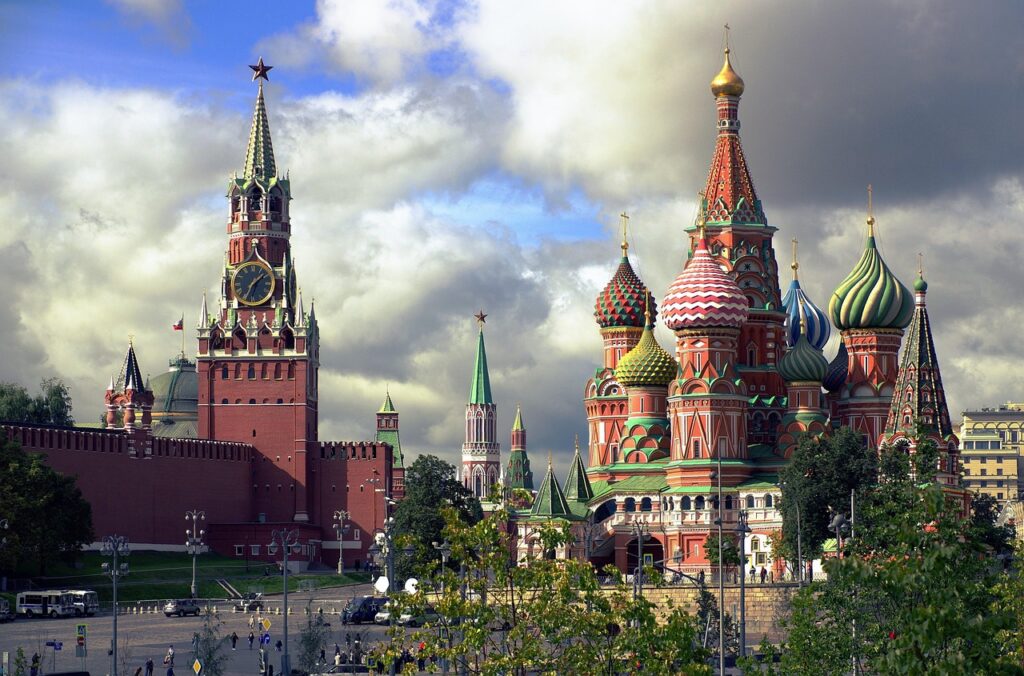
You feel it most at the border. Some countries greet you with a stamp and a smile; others ask for forms, sponsors, bank letters, and patience. This guide highlights where your Canadian passport does the least heavy lifting, whether because visas are mandatory, consular help is thin, or rules shift fast. Use it to plan with eyes open, add buffer time for paperwork, and decide when another destination makes more sense. Policies change, so always verify with official sources before you book.
China

You need a visa for most trips, and while limited transit exemptions exist, they are not guaranteed at the counter. Expect fingerprints, hotel registration within 24 hours, and occasional ID checks at stations and attractions. Apply early and match your visa type to your purpose, since changes on arrival rarely end well. Keep printed confirmations for flights and lodging, carry your passport daily, and give yourself buffer time around national holidays when screening tightens and lines lengthen.
Russia
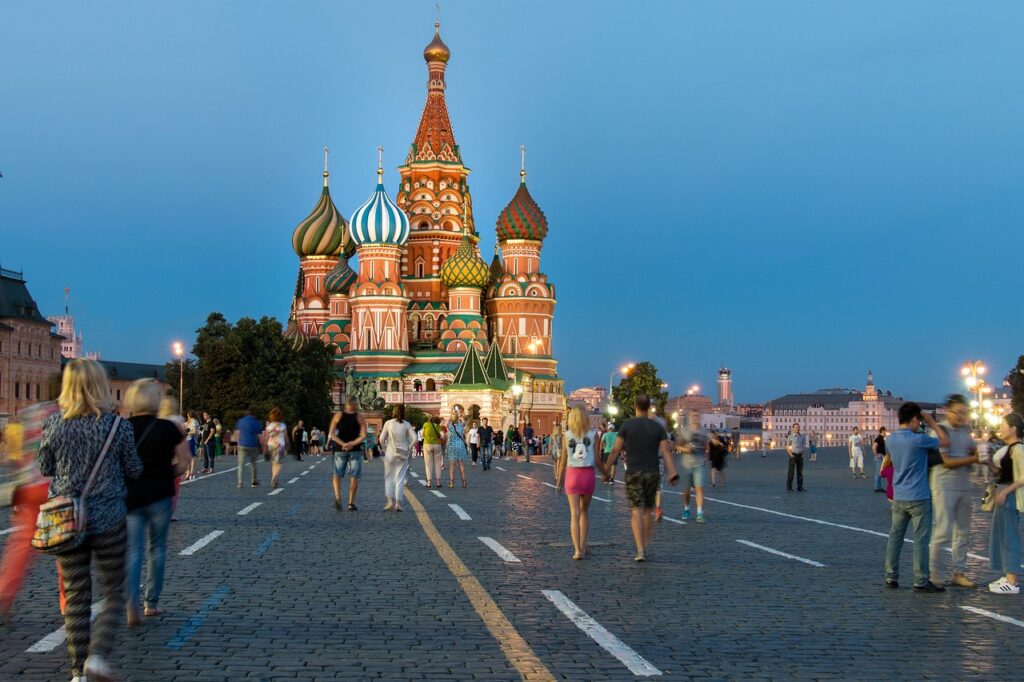
A visa is mandatory and the paperwork is exacting. Hotels register you automatically, but private stays require registration within a narrow window, and fines for mistakes are real. Invitations, itineraries, and migration cards need to match, so avoid last-minute route changes. If you plan rail or road transits through neighboring states, check separate visa rules for each leg. Political tensions raise scrutiny, which means keeping copies of every document and moving with a conservative plan.
Iran
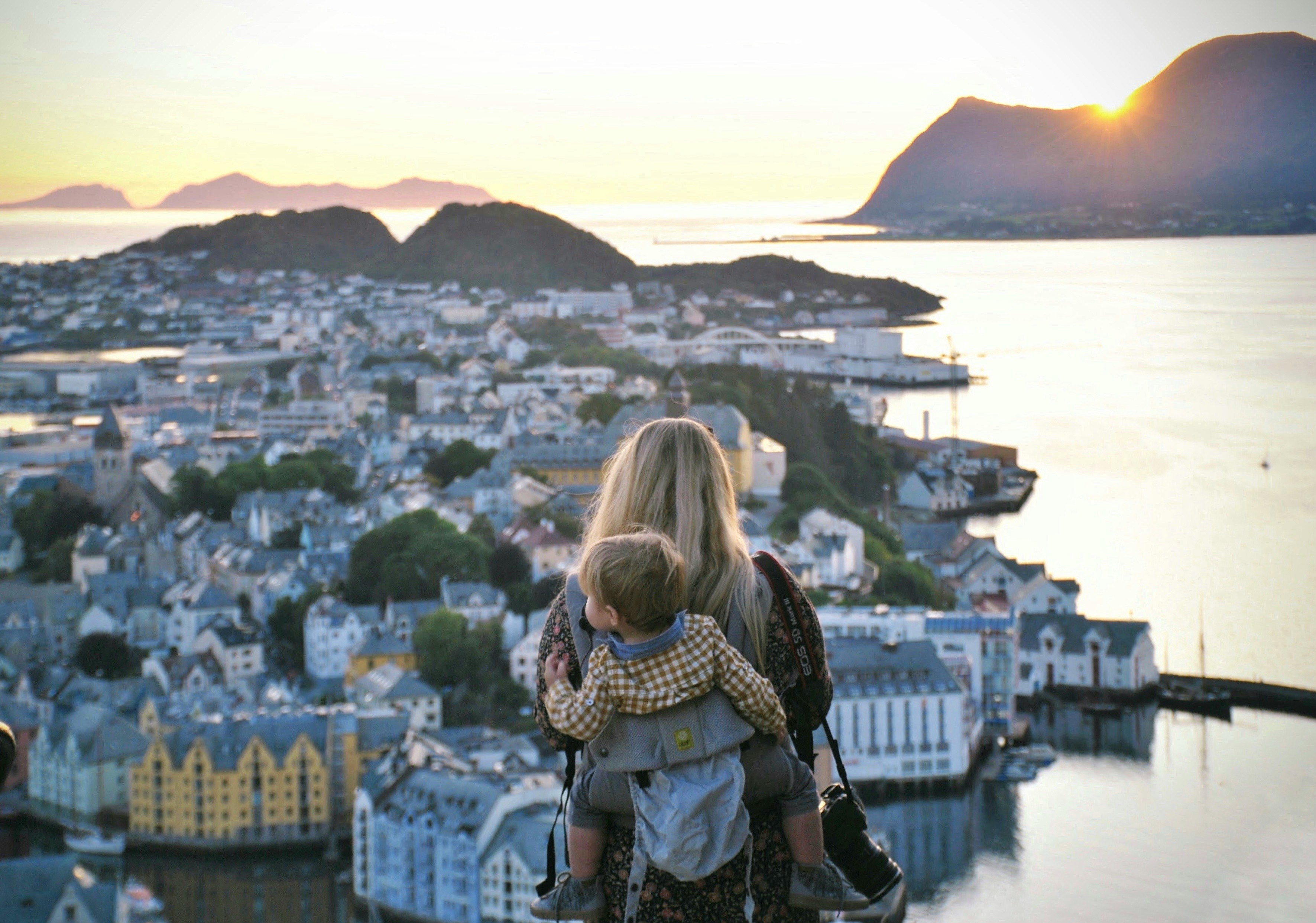
You must secure a visa in advance and plan around slower approvals and strict local laws. Canada has no resident embassy, so consular help is limited if something goes wrong. Dress codes, conduct rules, and photography limits are enforced, and dual citizens can face extra checks at entry and exit. Travel with printed reservations, carry local cash, and avoid demonstrations entirely. Build flexibility into your dates, and anchor your itinerary to confirmed permits and guides rather than wish lists.
Turkmenistan
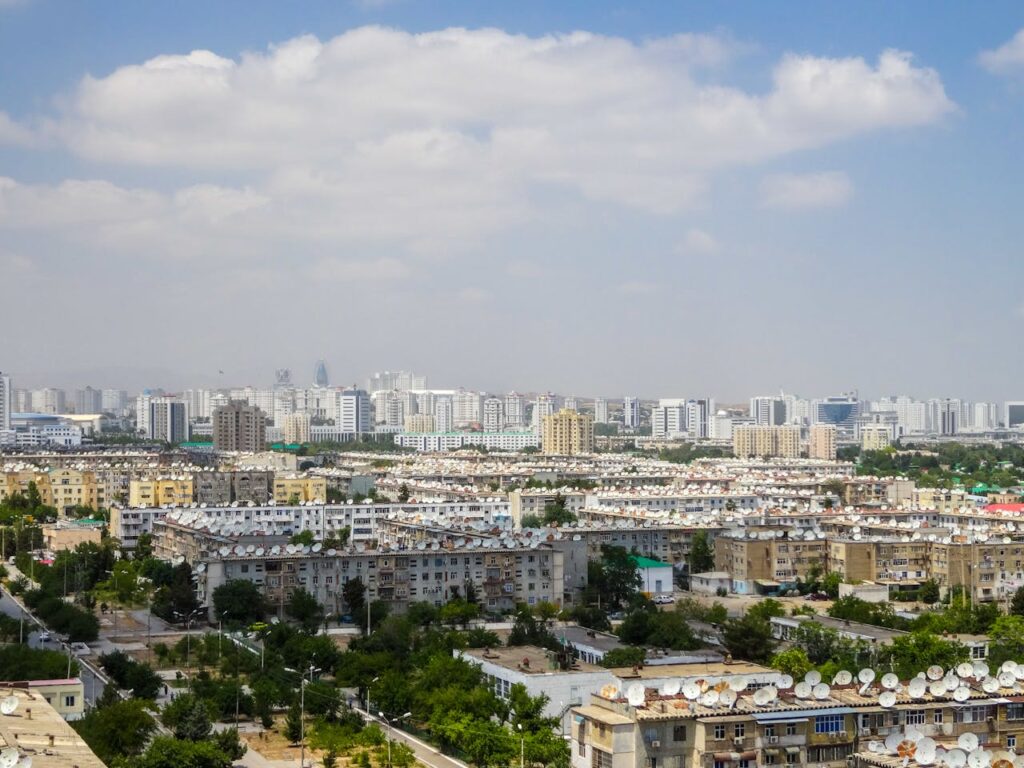
This is one of the hardest visas in Central Asia. Most travelers need a state-approved invitation before applying, and transit visas come with fixed routes and dates that leave little room for detours. Expect police registration, permits for border areas, and cash-first logistics outside the capital. Work with a reputable operator, confirm hotels and guides in writing, and carry multiple passport photos. Schedules shift without notice, so give yourself breathing room between flights and onward connections.
North Korea
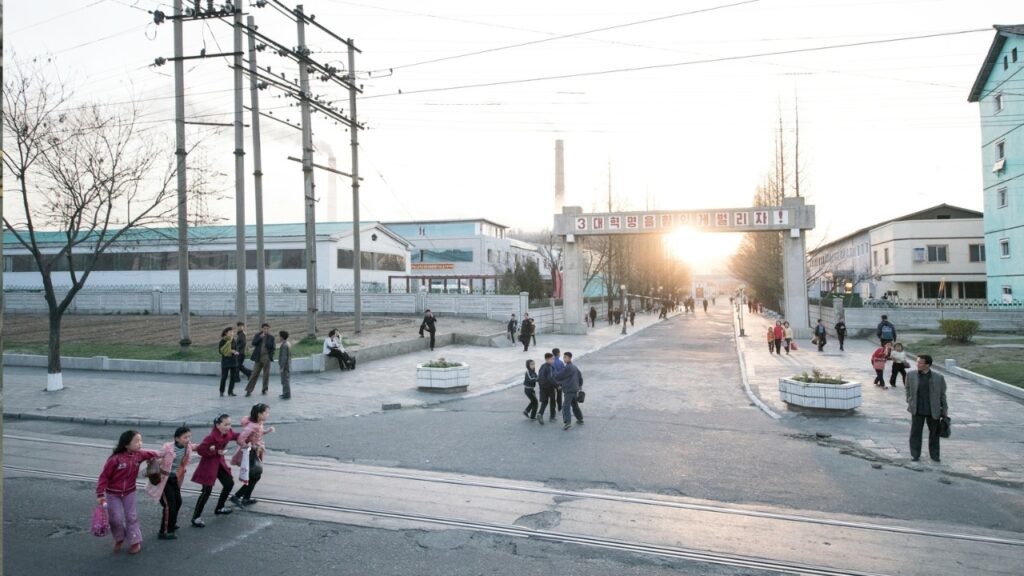
Even when visas are issued, access is tightly controlled. Movement is escorted, devices can be inspected, and minor missteps can have serious consequences. Canada advises against travel, and border policies have closed with little notice, stranding visitors in third countries. If you still consider it, treat plans as high risk, avoid nonrefundable tickets, and keep an exit strategy in a separate region. For most travelers, the safest choice is to postpone until conditions materially change.
Afghanistan
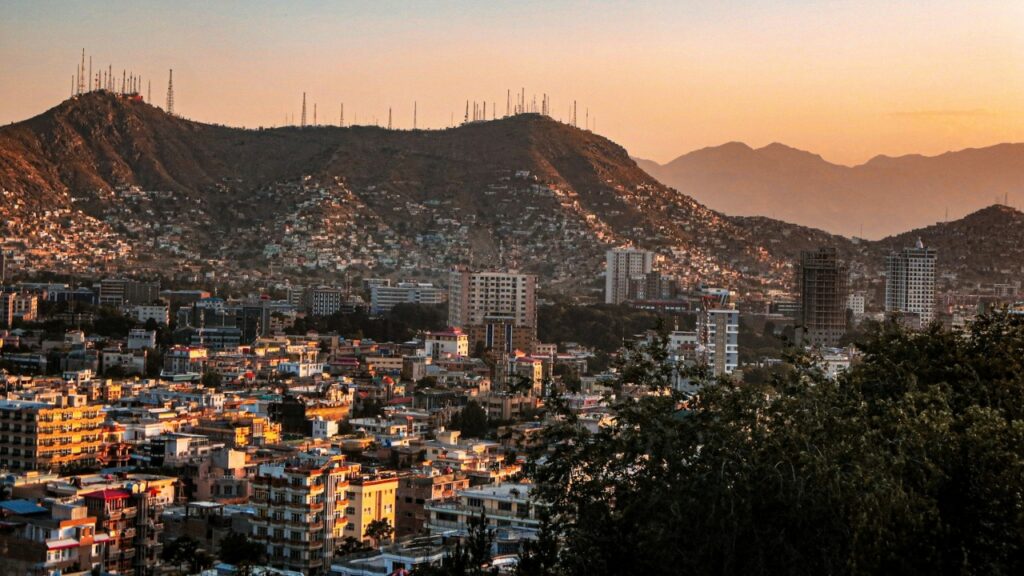
Entry requires a visa, but ongoing security issues make leisure travel unrealistic. Airports and roads can close suddenly, checkpoints are common, and communications are unreliable outside major hubs. Consular reach is limited, so small problems become big quickly. If you must travel for essential work, use vetted organizations, register your presence with a covering embassy, and layer backups for cash and contact. Everyone else should reroute through safer regional hubs and wait for stability.
Syria
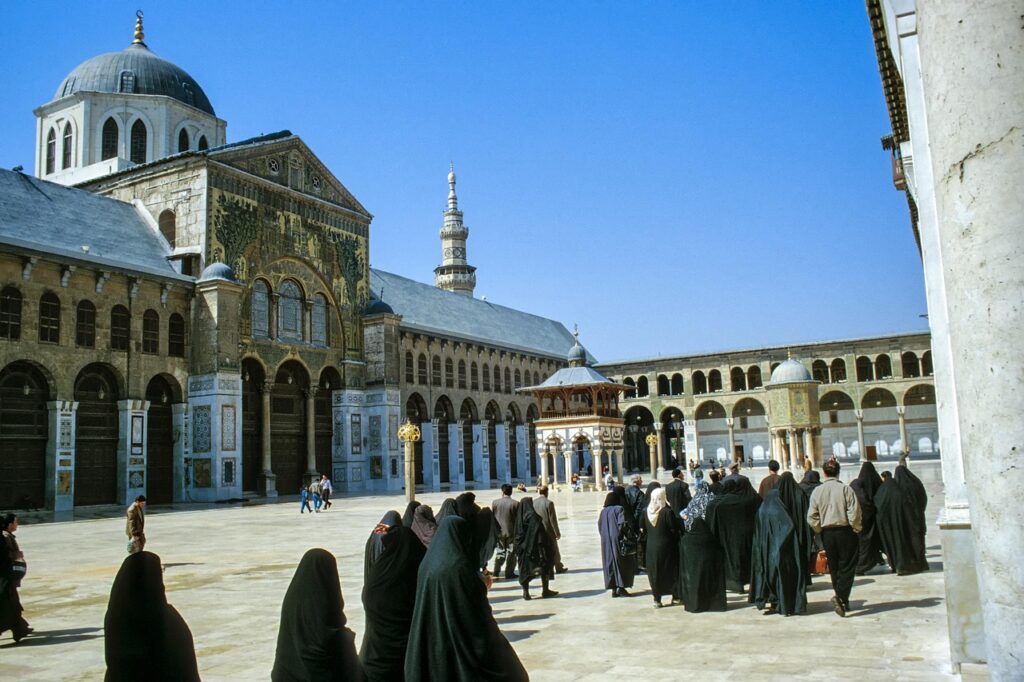
Visas exist on paper, yet conflict and damaged infrastructure turn simple trips into complex logistics. Checkpoints, fuel shortages, and shifting control lines change routes by the day, and insurance coverage is often excluded. Canada advises avoiding all travel; if entry is essential, coordinate permits far in advance, secure trusted drivers, and keep redundant exit plans via neighboring countries. Expect long delays at borders and limited help if documents are lost or stolen en route.
Yemen

A visa is required and flights in or out can be suspended with little warning. Curfews, localized fighting, and damaged roads complicate movement, while medical care and card networks are unreliable. Canada urges you to avoid travel; if you must go for essential reasons, partner with experienced operators who can navigate permits and checkpoints. Carry enough cash, keep satellite comms where legal, and maintain flexible dates so you are not locked into risky connections.
Libya
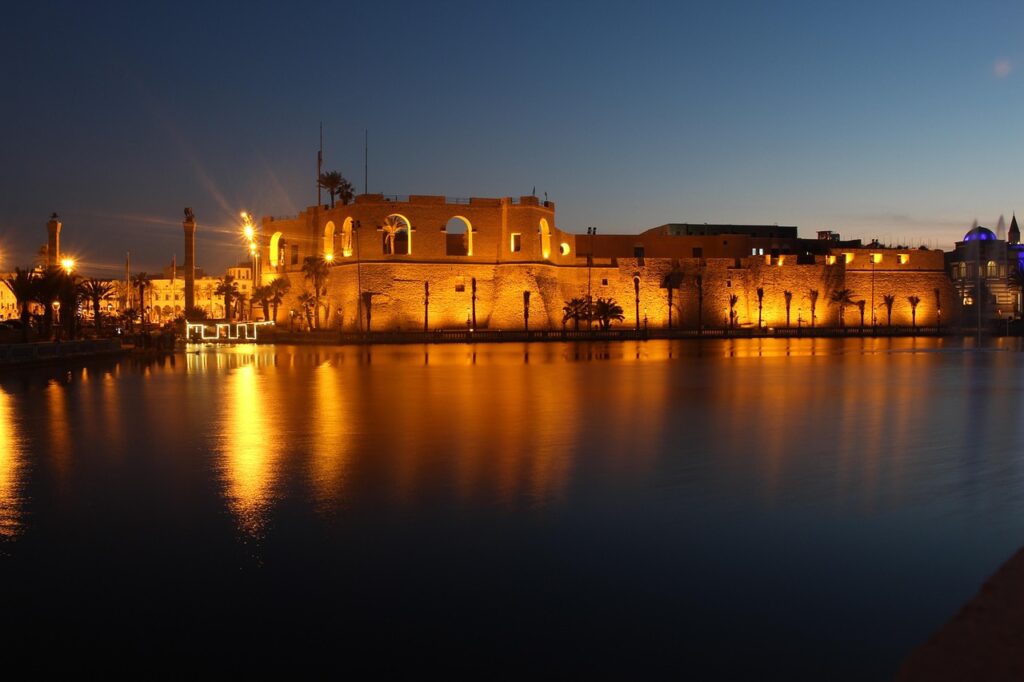
Visas are processed through embassies in your country of residence, often with in-person submissions and long lead times. Canada’s embassy in Tripoli is closed, and emergency services are managed from Tunisia, which slows crisis help. Security conditions vary by region and can change quickly, affecting domestic flights and road travel. Unless you have a compelling mission with strong local partners, choose another North Africa base and revisit Libya when bureaucratic and security risks ease.
Venezuela
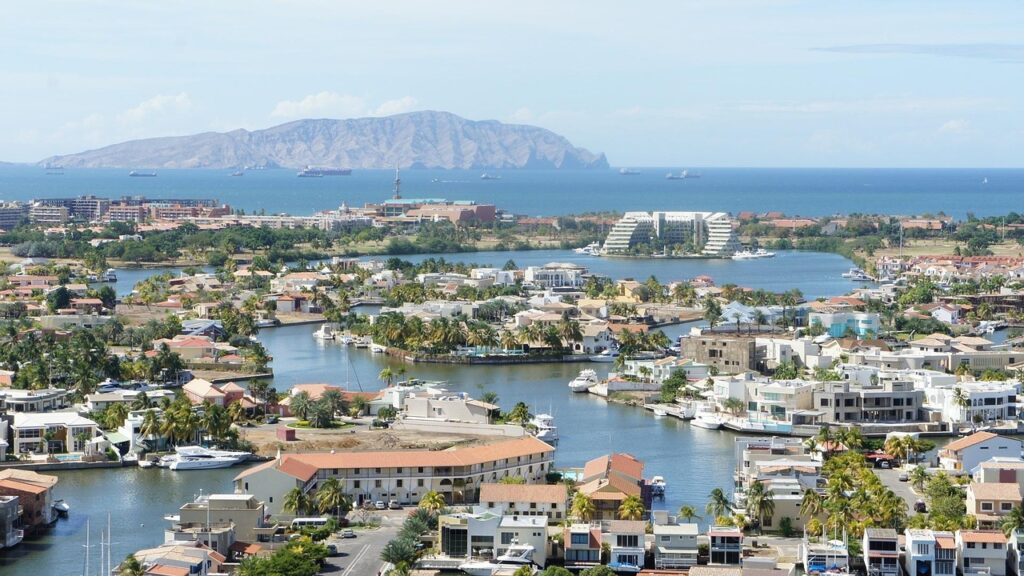
Tourist visas must be obtained in advance at a consulate, usually with proof of funds, itinerary, and return travel. Power cuts, patchy internet, and occasional airline schedule changes make tight connections risky. Carry printed copies of approvals and keep cash for periods when card networks fail. If you have family ties or dual status, confirm which passport to use on entry and exit. Build extra nights into your plan so a delay does not derail your return flight.
Brazil
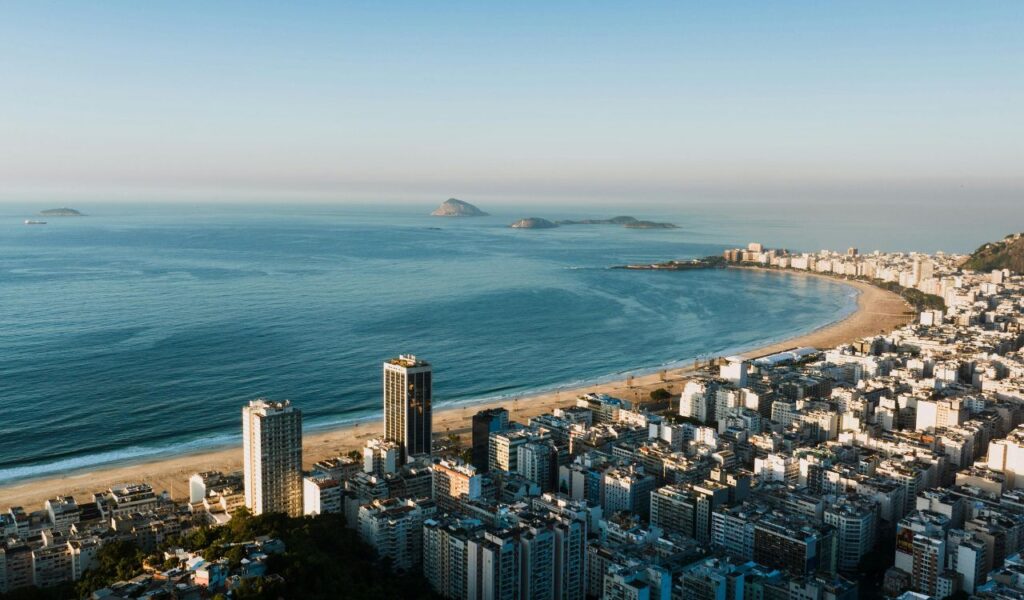
Brazil currently requires an e-visa for Canadians. The application is online but expects proper photos, confirmed lodging, and proof of onward travel, and approvals can take longer in peak season. Do not leave it to the week before you fly. Print your authorization, verify your name matches your ticket, and check transit rules for each airport if you connect domestically. Reciprocity means rules can shift again, so confirm requirements before you buy nonrefundable fares.